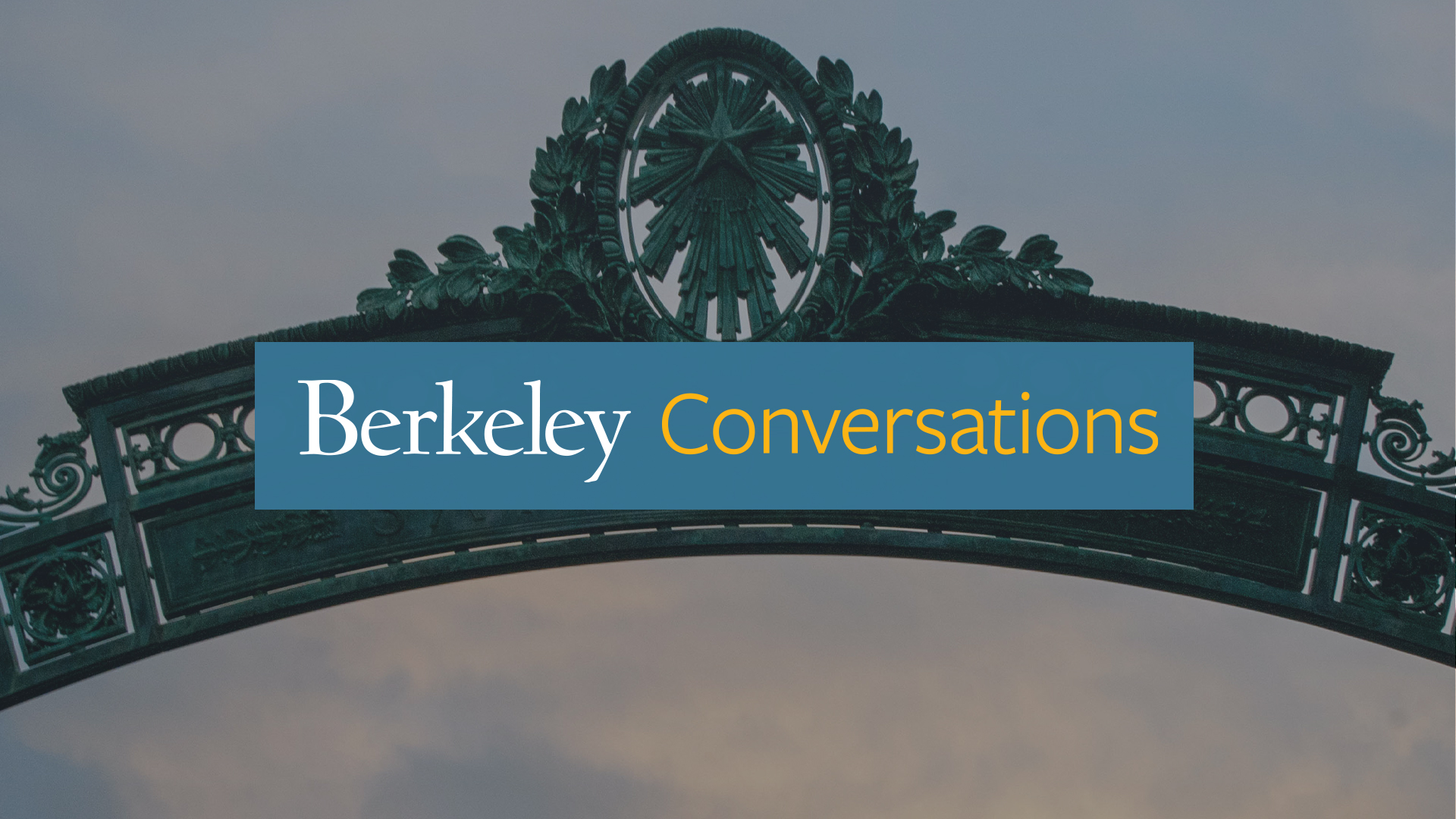Free and fair elections: Lessons from battleground states
The panel of experts examined the 2020 election, current debates about voter suppression and what to expect in future electoral contests

March 11, 2021
Democracy withstood the assaults of misinformation during the 2020 presidential election but did not emerge unscathed, according to firsthand accounts from a cybersecurity expert and election officials from Arizona, Michigan and Pennsylvania.
The group spoke Wednesday during a panel discussion, Free and Fair Elections: Lessons from Battleground States, sponsored by the Center for Security in Politics at UC Berkeley’s Goldman School of Public Policy.
The panel of experts examined the 2020 election, current debates about voter suppression and what to expect in future electoral contests.
“We saw early on that misinformation was going to be the biggest threat to election security, particularly when perpetuated by those in our country with the largest platforms,” said Michigan Secretary of State Jocelyn Benson. “Ensuring (voters) would be able to have rightly-placed confidence in the security of the elections was one of the most significant things that we tackled throughout the year.”
“A robust public education campaign was a critical part of election preparation,” said Arizona Secretary of State Katie Hobbs. The onset of the COVID-19 pandemic “amplified the misinformation and the potential for voter confusion.”
States like Arizona and Michigan put in tremendous effort to educate voters and demonstrate the integrity of the process. They built robust election infrastructure, created resources to demystify the election process and invited people to participate in the process of keeping elections transparent.
Still, it was an uphill battle.
“There are still so many lies about the election here in the state of Arizona,” Hobbs said
“This election is a tribute to the incredible integrity of the thousands of election officials at the state, county, township and city levels that knew that it was up to them to uphold our democracy, and did so with courage in the face of threats, lies and everything else,” said panelist Matt Masterson, former senior cybersecurity advisor at the Department of Homeland Security (DHS) and current policy fellow with the Stanford Internet Observatory.
While at DHS, Masterson worked to prepare for and combat foreign interference in American elections.
“It turned out that all the preparation … that we did with the state and local election officials proved to be invaluable in combating the domestic misinformation that we ended up seeing around this election,” he said.
Without accountability, the speakers noted, preparation, transparency and directly combating misinformation can only go so far.
“One of the reasons why the system worked in the past is because people of both parties respected the norms in our Constitution,” said Pennsylvania Attorney General Josh Shapiro, who supports abolishing the Electoral College. “That is no longer the case. In this last cycle, it was Donald Trump. Who knows who it could be in the future? The oath people take to the Constitution is clearly not something that they are willing to honor when their job is on the line.”
In the midst of such sobering realities, Masterson sees local oversight of elections as an advantage.
“Voters can engage directly in the process in order to have their questions answered,” he said. “Election officials are finding new and creative ways to open the process up so that voters can see exactly how each step is done, the amount of detail and minutiae that goes into elections. Whether it’s a post-election audit, ballot storage, ballot custody—we have to continue to engage with voters.”
“Election officials have long said it’s our job to convince the loser they lost,” Masterson continued. “That’s changed now. It’s now the job to convince the voters of the accurate result, even if the loser doesn’t accept that they’ve lost. That’s a higher bar and a greater challenge that we need to accept, embrace and invest in.”